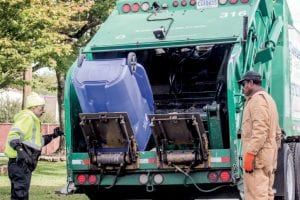 In the greater Greenville, S.C. area, transitioning from bins to rollcarts was about more than capturing higher volumes of recyclables. The change ushered in a more efficient collection system while reducing litter and generating higher quality material in some cases.
In the greater Greenville, S.C. area, transitioning from bins to rollcarts was about more than capturing higher volumes of recyclables. The change ushered in a more efficient collection system while reducing litter and generating higher quality material in some cases.


 Colin Staub was a reporter and associate editor at Resource Recycling until August 2025.
Colin Staub was a reporter and associate editor at Resource Recycling until August 2025.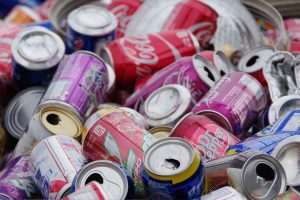
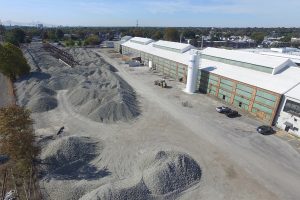

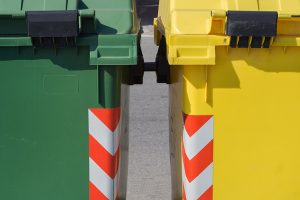 Waste Management’s latest sustainability report delves into factors impacting the recycling industry as a whole, including fluctuating markets, sustainable materials management, technological advances and more.
Waste Management’s latest sustainability report delves into factors impacting the recycling industry as a whole, including fluctuating markets, sustainable materials management, technological advances and more.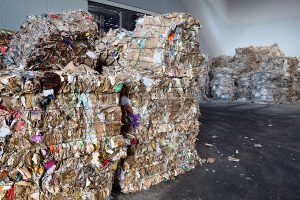 In its first release of import permits for 2019, China’s environmental ministry approved a larger volume of recovered fiber than in any single release last year.
In its first release of import permits for 2019, China’s environmental ministry approved a larger volume of recovered fiber than in any single release last year.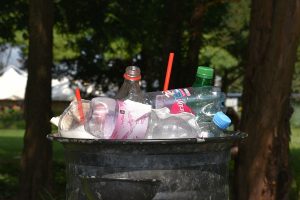 The weight of plastic bottles collected for recycling continued to decrease in the U.S. in 2017, contributing to the third straight year of a declining recycling rate.
The weight of plastic bottles collected for recycling continued to decrease in the U.S. in 2017, contributing to the third straight year of a declining recycling rate.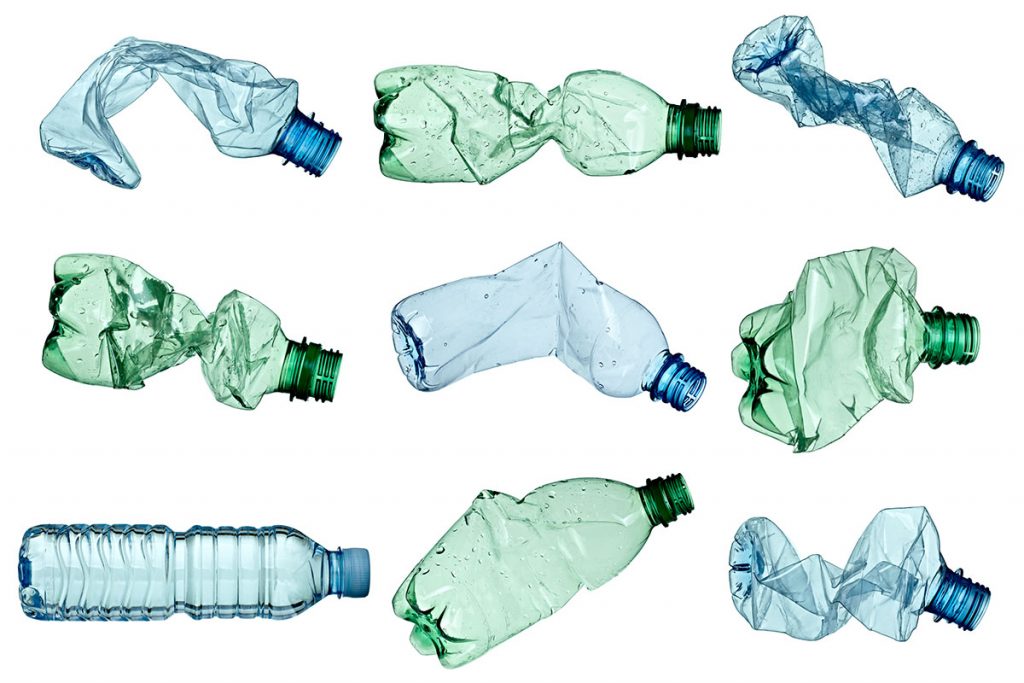 A major brand owner says it will be using 25 percent recycled plastic in the packaging for all of its U.S. products in three years.
A major brand owner says it will be using 25 percent recycled plastic in the packaging for all of its U.S. products in three years.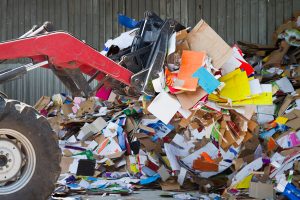 OCC shipments reached their highest volume in two years in October, while mixed paper exports were down by 18 percent year-over-year, according to the latest U.S. trade figures.
OCC shipments reached their highest volume in two years in October, while mixed paper exports were down by 18 percent year-over-year, according to the latest U.S. trade figures.